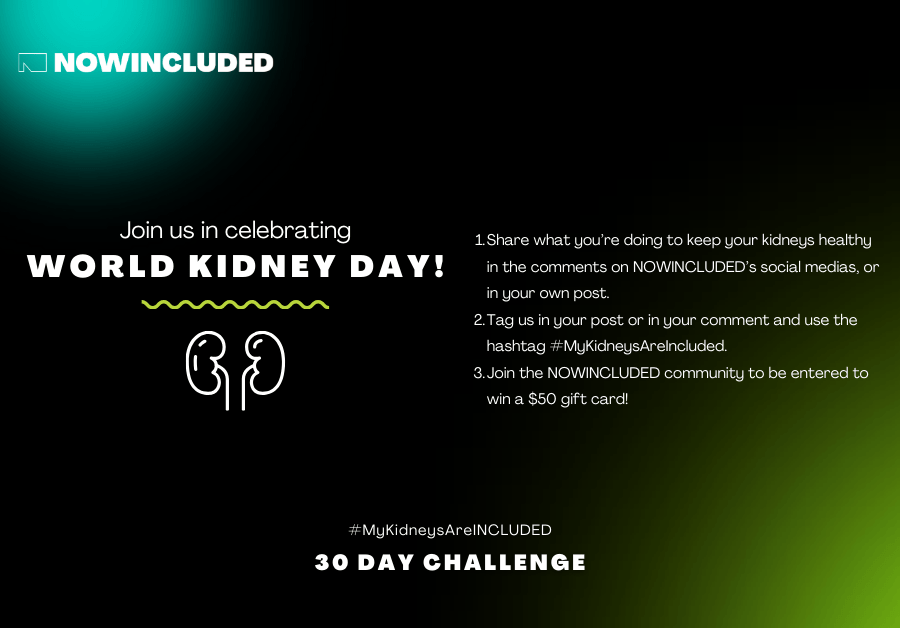When giving birth to my second child, things did not go well. My normal midwife was just coming off her shift when I went into labor, so she put in a bunch of notes about how my first labor went and what I wanted delivery-wise for the on-call midwife before she left. They ended up sending me home in latent labor about an hour or so after she left. I labored at home until about 5:30 pm when it was definitely time to go back in.
Not one person said a word to me or my husband. No one asked me if I was okay with that. No one explained to me what was happening or what they were doing.
Once true labor starts for me, it goes fast! Thankfully when I got there, they did read at least one note and got me all set to get my epidural ASAP. Getting the epidural is when things went downhill.
They forgot the cord to plug it in. Then the cord wasn’t working. Then they grabbed a different cord. Then a machine that uses a battery and the cord and that cord was supposedly not working. At this point I had been given a block while waiting for the machine meds to kick in. They said they had it handled and I tried to rest a little.
All of a sudden, my son’s heart rate kept dropping. So then it was nurses and the midwives flipping me around, making me get on my knees, roll on my side, dropping the bed, rolling to the other side, and more. They wouldn’t let my husband get near me and I was scared. Then they checked and said I needed to start pushing. They finally let my husband get to me when a nurse realized he was pushed into the furthest corner of the room. Then while I pushed in various positions and my son’s heart rate continued to fluctuate the midwife kept flipping me around, brought in the pediatrician, and told the pediatrician to get the vacuum even though I did not approve that or want it. She didn’t even ask my husband or me what we thought, didn’t talk over options or anything.
I did manage to push my son out right before they got the vacuum, but I was distressed and upset about the idea of using it and it took away from my ability to be present and aware of my son being born. Instead, I was frantically pushing to avoid an intervention I didn’t want or need. Once my son was born and safe, and I started to register what was happening, I realized I could feel my feet. Anyone who has had an epidural knows that it usually takes a couple hours after they stop the meds to get complete feeling back in your lower extremities. That’s when the midwife says, “Oh we turned your epidural off because we thought it would be better.”
Not one person said a word to me or my husband. No one asked me if I was okay with that. No one explained to me what was happening or what they were doing. Based on how fast my labor was and the trouble they kept having with the machine, my husband thinks they never actually got it turned on, didn’t feel like messing with it anymore, so said, “it’s working,” but really I only got that blocker.
We got out of there as soon as they let us leave. When I went to my six-week visit, my midwife had read the notes from that midwife on my labor and she was already mad. When she heard all the details from me, she was furious. She said that the midwife on call had ignored a majority of her notes, she had used many wrong procedures, she had not asked for consent at times she should have, and that I had every right to be upset.
She connected me with a patient liaison through the hospital, but I called a few times and no one called me back. In the reality of being a mom to a preschooler and newborn, I just didn’t have the energy to continue fighting on that front. I know my midwife put in a complaint, but I have no idea if anything was done there. I still have trauma from that labor.









